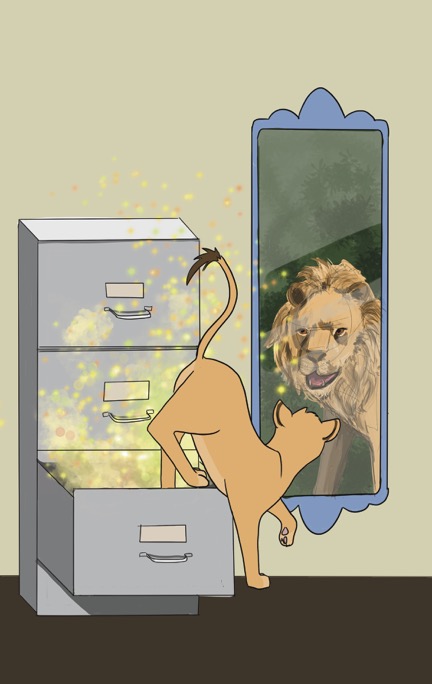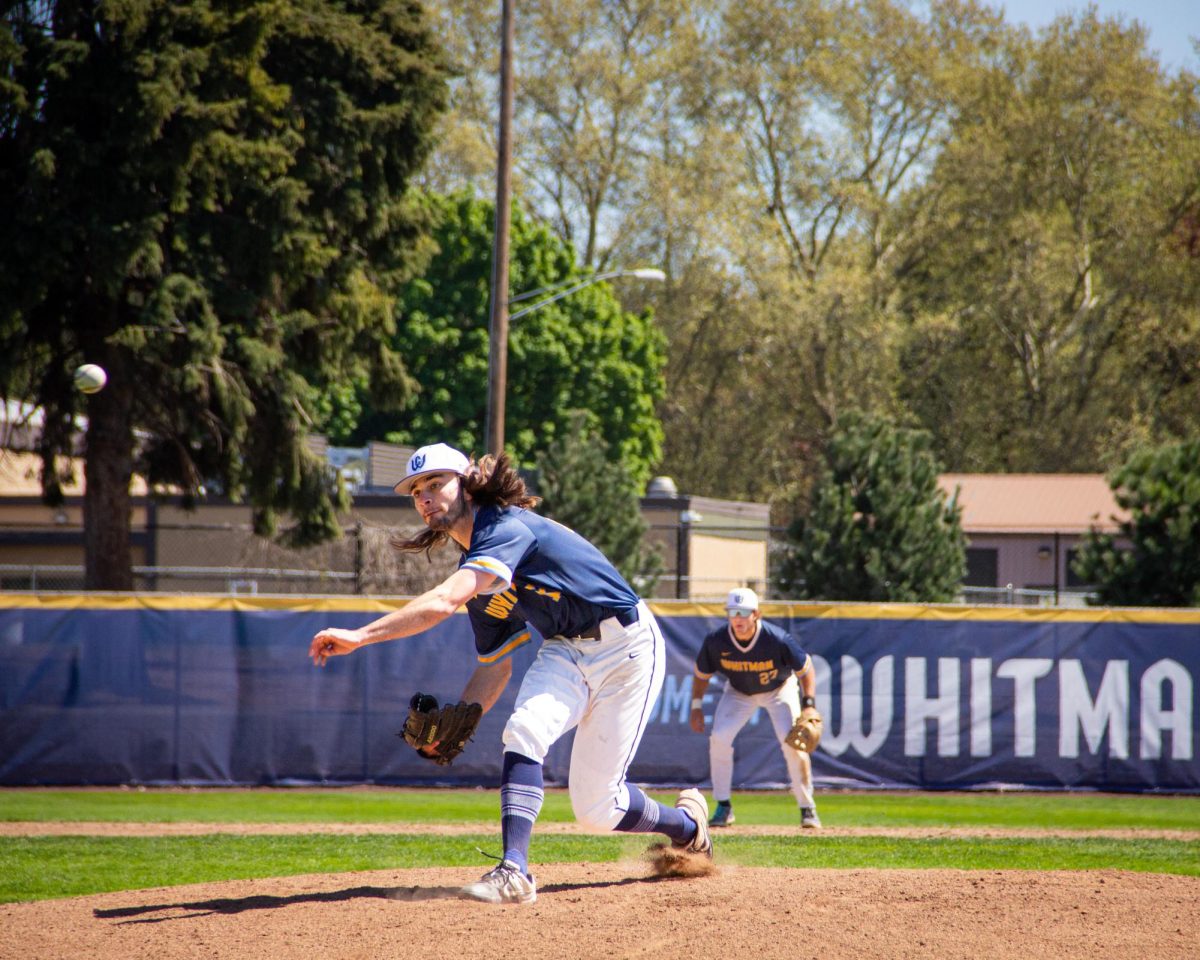
Following graduation, students have a great spectrum of plans. Some students may be on their way to graduate school. Others may have a job or internship lined up. Some may return home and others may spend time traveling, liberated from the confines of an academic schedule.
For members of the class of 2013, many of whom have been in school consistently for almost twenty years, the post-graduate experience brings with it many emotions: excitement, indecision, sentimentality and challenged or exceeded expectations.
Alumna Marie von Hafften ’13, like many other recent alumni, has struggled with the seemingly wide open space following graduation. The stressful nature of a typical senior year at Whitman often means that many students have little time to think about their post-graduate plans and decide what kinds of things they want to do after graduating from Whitman.
“We were really focused on our senior year, our theses, and then it happens––you’re suddenly out of the school system and go through this searching process to figure out what’s next,” she said.
Having the freedom to move from place to place and not be restricted by a schedule or academic expectations challenged von Hafften. After being in school for so long, it was difficult to adjust to the lack of restrictions, but this difficulty manifested itself in a positive way.
“I felt like there was a lot of momentum at Whitman––every year built on the next one. Now, I know that I don’t want to go to [graduate] school yet. It’s liberating and it’s scary. One big thing is that there’s no external person now, no academic adviser or anything like that. You have to rely on your own judgment, and surround yourself by mentors and peers who are going through the same process.”
von Hafften has done just that, spending the first months after graduating in Romania doing archeological digs, then traveling around eastern Europe. After a year of traveling and spending time at home in Alaska, she is now living in Portland and working as a blogger.
Alumnus Alex Brott ’13 has also had to wrestle with the freedom afforded by graduation. He has taken it in stride and also spent time traveling and at home before moving to Seattle, where he currently is working as a political organizer.
“It’s really freeing. Whitman is such a tight-knit community and there’s so much going on that I felt pressured to do a lot all the time––be very social and make the most of the limited time and opportunities that we had,” he said.
Now, Brott sets his own schedule and doesn’t feel as bogged down by the stress of the active and hectic Whitman lifestyle.
“I can take my same drive and still be doing things I enjoy. I’m doing all these things that I want to be doing, but without the same grind, without the same pressure to do so. There’s no fear of missing out anymore. I can’t even tell you how liberating it’s been. To be in an environment that’s just calmer. No social pressure.”
Still, he misses Whitman’s culture of mindfulness.
“A Whitman education is at this caliber that we take for granted while we’re at Whitman, and when we take that same work ethic and intelligence and creativity outside of Whitman, I think it blows people away.”

Brott found a job almost immediately when he moved to Seattle in the fall of last year after spending the summer working in Israel with alumna Lian Caspi ’13 through a Davis Project for Peace grant and hiking the John Muir Trail in California. He now works as an organizer for Fuse Washington, the biggest political progressive group in the state, organizing campaigns and advocacy work in Seattle.
Brott said that he expected the year following graduation to be unorganized and challenging, but he has been lucky to find a job in the field he wanted to go into and to live in a place where he is among friends in the form of Whitman graduates.
“I heard this sentiment from a number of grads, this idea of the lost year, spending one year between [age] 22 and 26 searching [for a way to define yourself that’s not ‘student’]. I was expecting this year to be that for me, having a hard time getting a job. But I found work in the field I wanted to work in almost immediately.”
While Brott and von Hafften have settled in big cities, some members of the class of 2013 have chosen to return to Walla Walla. Ryan Nesbit ’13 moved back to Walla Walla at the beginning of this year after living in Portland, leading outdoor trips in Oregon, traveling across North America and trying his hand at winemaking and kombucha brewing.
“Compared to my expectations, I have been pleasantly surprised with the number of times my path has crossed with other Whitties, in the middle of the wilderness or for a brief hour at an airport, but also challenged by the difficulty of finding work,” he said.
Nesbit now works as an AVID tutor at Walla Walla High School and is trying to learn more about the local wine industry. He says his post-graduate experience has been rewarding in allowing him time to pursue non-academic hobbies and interests.
“I’ve definitely enjoyed the freedom to learn about what I want to learn about and have more time to spend reading and pursuing extra-academic passions.”
All three graduates still find themselves connected to Whitman’s pervasive social network. Five Whitman alumni work in Brott’s Seattle office building, Nesbit regularly encounters students and alumni in Walla Walla, and von Hafften keeps in touch with Whitman friends in Portland. The academic and transformative experience of four years at Whitman has stuck with them and is evident in the work they’re choosing to do now.
“I took a politics class with [Paul Garrett Professor of Political Science] Shampa Biswas, and at the end of the class she told all of us, ‘I hope your experience at Whitman will make it so that you can’t sleep at night,'” said von Hafften. “I think she meant that she hopes we gain a critical framework of the world that in a good and challenging way keeps you from being comfortable. That’s really stayed with me, and I’m doing that in my job now, writing about international development. It’s weird what sticks with you.”













